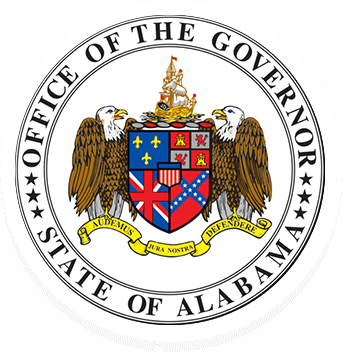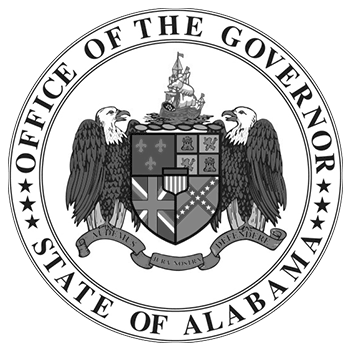Alabama’s First Class Pre-K Named Nation’s Highest Quality Program for 11th Year in a Row
MONTGOMERY – For the 11th year in a row, Alabama’s First Class Pre-K program is being hailed as one of the nation’s highest quality state-funded pre-kindergarten programs for four-year-olds.
This assertion was made today by the National Institute for Early Education Research in its 2016 State of Preschool Yearbook. Released every year since 2003, NIEER’s State of Preschool Yearbook is the only national report on state-funded pre-k programs with detailed information on enrollment, funding, teacher qualifications, and other policies related to quality. In this year’s edition, Alabama is one of only six states with a pre-k program that meets or exceed all ten of the benchmarks NIEER measures to determine program quality. Joining Alabama this year are North Carolina, Mississippi, Rhode Island, West Virginia and Louisiana (for one of its three programs).
“The earlier a child learns, the more likely he or she is to do well later in life,” said Alabama Governor Kay Ivey. “Providing a high-quality education for all Alabamians, at every stage of life, is my goal. For the eleventh consecutive year, Alabama is a national leader in this arena. I am proud of the work of our Pre-K programs and I am thankful for the dedication of Secretary Ross in leading this program.”
Alabama’s First Class Pre-K program is managed by the Alabama Department of Early Childhood Education. ADECE is a part of the Executive Department of state government, principally established to enable the Governor to effectively and efficiently coordinate early learning programs throughout the state. The Department administers the First Class Pre-K program through competitive grants awarded annually. Classrooms are located in public and private schools, child care centers, faith-based centers, Head Start programs, and other community-based preschool settings.
“The success of Alabama’s First Class Pre-K program has always been the state’s commitment to providing a developmentally-appropriate, high-quality learning experience for children,” said Jeana Ross, the secretary of the Alabama Department of Early Childhood Education. “Studies conducted on our program by UAB, PARCA and others show that our emphasis on quality is ensuring that children enrolled in our program are entering kindergarten ready to succeed and excited about learning. NIEER’s continued recognition of First Class is further proof that what we are doing in Alabama is a model for other states.”
NIEER announced in this year’s report that this is the last year that they will measure the quality of state pre-k programs through its current set of benchmarks. Next year, NIEER will be introducing major revisions to its research-based quality benchmarks, including requirements for early learning and development standards that are culturally sensitive, supported, and aligned with other state standards and child assessments; supports for curriculum implementation; professional development and coaching for lead and assistant teachers; and a continuous quality improvement system. Alabama and Rhode Island are the only two states that already meet all of the proposed new quality standards.
This year’s State of Preschool Yearbook looks at pre-kindergarten programs operating during the 2015-2016 school year. That year, approximately 11,296 four-year-olds were enrolled in a First Class Pre-K classroom. State leaders have since grown the program to include a total of 14,688 four-year-olds in the current school year, and have agreed to an additional $13 million expansion for next year that, combined with year three of Alabama’s four-year federal Preschool Development Grant, will further increase the size of the program.
###
Provided by the Office of the Governor of Alabama | governor.alabama.gov

